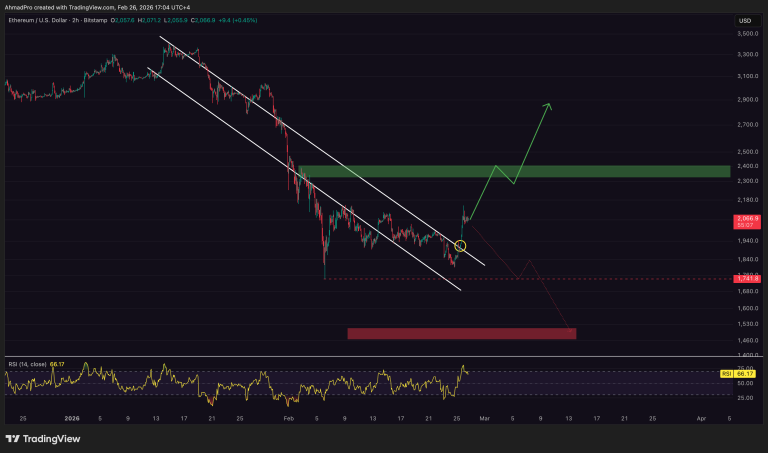
A healthcare expert has issued a warning about the most common reason for pensioners end up in hospital over Christmas – and it’s not because of an illness.
Dr Ben Maruthappu, founder and CEO of at-home care provider Cera, highlighted that in fact all year round the most common reason for elderly people going to hospital is because of falls, a particular risk during icy weather.
He explained: “During the winter months, people often assume it’s flu and winter bugs that are most likely to lead to a hospitalisation.
“In fact, falls are a very common, often overlooked factor behind increases in A&E visits, especially in older people.”
He warned there can be major problems as a result of an older person having a fall: “The truth is falls are the number one cause of emergency hospital admissions in over-65s, often leading to life-changing, life-limiting or even sadly life-ending results, especially for higher-risk, more fragile patients.
“Cold, wet weather and a reduction in daylight hours all increase the risk of a fall, as does the increased muscle tension, joint pain or inflammation that can come with cold weather.”
He said some helpful preventative measures you can take to avoid falls including removing clutter from floors and staircases.
People should also make sure their homes are well lit and kept warm, and that any assistive devices are in place to help with everyday tasks such as getting out of bed or showering.
Cera uses AI technology to keep track of any changes in a patient’s condition or behaviour that indicate they are at risk of a fall, reducing hospitalisations due to falls by 20 percent.
The at-home carers also log any symptoms of cold-related illnesses such as flu or COVID-19, meaning the team can act swiftly to get any medication or other extra help before the person’s condition worsens.
Dr Maruthappu said: “The NHS will face record pressures this winter, and as a provider of care to some of the UK’s most high-risk older and vulnerable people, we are doing everything we can to keep patients out of hospital and well at home.
“Technology and AI can and should play an important role in preventing hospitalisations and saving lives, and we’re glad to be making a difference for patients, their families and overstretched healthcare workers over the busy winter months.”
Cera’s algorithms flag up as many as 5,000 high-risk alerts every day, meaning the carers can quickly take preventative action, reducing the strain on hospitals.
A previous study found that by reducing hospitalisations, Cera frees up more than 1,210 hospital bed days each month, with each bed costing on average £460 per day.
Hospitals often struggle to cope with demand, as in 2023, when there were 150,000 patients who had to wait 24 hours in A&E before being admitted to hospital. Two thirds of these people were aged 65 and over.


















